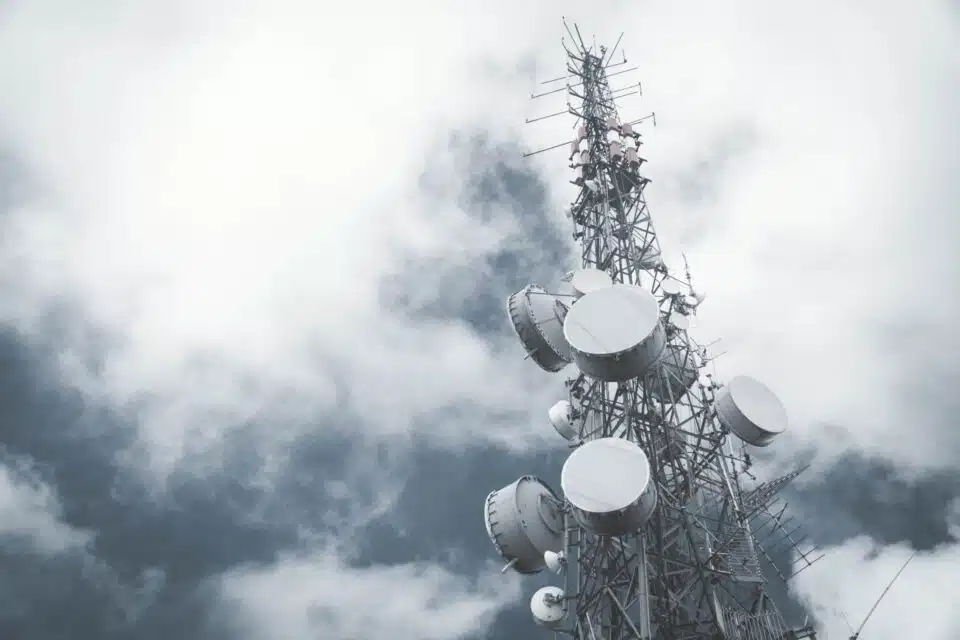RANAU, Oct 29 — The 5G network in Sabah has reached almost 50 per cent coverage of populated areas (COPA) as of last Sept 30, said Communications and Digital Minister Fahmi Fadzil.
He said 401 of the total 622 5G sites planned in Sabah had also been completed.
As for the 4G network, Fahmi said, 4G mobile broadband coverage has reached over 90 per cent in the populated areas of Sabah with the average mobile speed reaching 43.76Mbps until the second quarter of this year.
“A total of 4,229 of the 4,281 transmitter stations planned to be upgraded to the 4G network have been completed, while another 52 stations are still being implemented,” he said when speaking at the “Hari Bersama Komuniti” programme at the Kampung Lohan Digital Economy Centre (PEDi) here. today.
HBK is an ongoing initiative of the Malaysian Communications and Multimedia Commission and the Ministry of Communications and Digital to promote digital economy centres as an effort to cultivate the elements of digitalisation and education among the people as well as a platform to spread information about assistance and services provided by strategic partners.
Regarding the implementation of the National Digital Network (Jendela) project in Sabah, Fahmi said that phase one of the project’s development showed encouraging achievements.
According to Fahmi, 186 of the 631 new communication towers planned to be erected through the project have been completed, while the other 445 new communication towers are in the implementation stage.
He said Jendela, which encompasses two phases of development, was implemented to improve connectivity and quality internet services for the people, including for education, health and economic purposes.
Meanwhile, Fahmi said a total of 118 digital economy centres had been developed and in operation in Sabah so far, with another 14 new digital economy centres to be established as an effort to empower the activities and develop the skills of the local community, especially in rural areas.
He said that the Internet facilities provided at the digital economy centres nationwide are to encourage the local community to venture into online business through e-commerce platforms.
The initiative, he said, was in line with the government’s ongoing efforts to empower society through digital transformation, in line with Malaysia’s Madani aspirations in creating a civil society that is advanced, skilled and inclusive.
“Therefore, close cooperation between the federal government and the state government is very important in ensuring that the aspiration to bridge the digital divide can be implemented well.”
— Bernama





